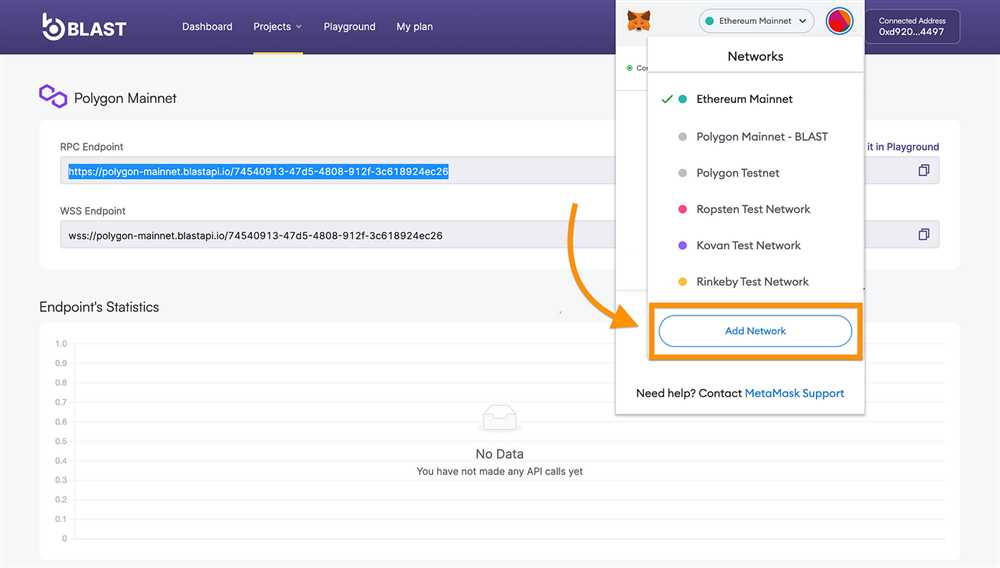
In the world of Ethereum, using the default RPC network provided by Metamask might not always be the best option. While it is reliable and widely used, alternative networks can offer unique advantages that enhance your Ethereum experience. In this article, we will dive into the possibilities of exploring alternative RPC networks in Metamask and how they can be customized to suit your needs.
Metamask is a popular browser extension that allows users to interact with the Ethereum blockchain. By default, it connects to the Ethereum mainnet using the Infura RPC network. However, there are several other RPC networks available that can be used with Metamask. These alternative networks provide different features, such as faster transaction speeds, lower transaction fees, and access to specialized decentralized applications (dApps).
One of the most compelling reasons to explore alternative RPC networks is to take advantage of faster transaction speeds. The Ethereum mainnet can sometimes experience congestion, resulting in slow transaction confirmations. By switching to an alternative RPC network, you can bypass this congestion and experience faster transaction times. This is especially beneficial for those who frequently interact with decentralized exchanges or other dApps that require quick transaction confirmations.
Another advantage of alternative RPC networks is the potential for lower transaction fees. The Ethereum mainnet often experiences high gas fees during periods of high demand, making transactions costly. However, some alternative networks offer lower fees, allowing you to save money on transaction costs. This is particularly useful for those who regularly make small transactions or perform multiple transactions in a short period.
Furthermore, alternative RPC networks can provide access to specialized dApps that are not available on the Ethereum mainnet. These dApps may offer unique features or services that cater to specific use cases. By switching to an alternative network, you can explore these specialized dApps and potentially discover new ways to interact with the Ethereum ecosystem.
In conclusion, exploring alternative RPC networks in Metamask can offer a range of benefits, including faster transaction speeds, lower fees, and access to specialized dApps. By customizing your Ethereum experience through the selection of an alternative network, you can optimize your interactions with the blockchain and unlock new possibilities. So why settle for the default when you can explore and customize your Ethereum experience with alternative RPC networks?
Exploring Alternative RPC Networks in Metamask
Metamask is a popular Ethereum wallet that allows users to interact with the Ethereum network. By default, Metamask connects to the Ethereum Mainnet, which is the primary Ethereum network. However, users can also explore alternative RPC networks to have a more customized Ethereum experience.
What is an RPC Network?

RPC stands for Remote Procedure Call. In the context of Ethereum, an RPC network is a network node that exposes an API, allowing users to interact with it to access blockchain data and execute transactions. This API can be used to send and receive transactions, read smart contract data, and more.
By connecting to alternative RPC networks, users can access other Ethereum networks that might have different features, configurations, or purposes.
Adding Custom RPC Networks in Metamask
In order to connect to an alternative RPC network in Metamask, you need to follow these steps:
- Open the Metamask extension in your browser.
- Click on the network selection dropdown (usually displaying “Mainnet”).
- Select the “Custom RPC” option.
- In the “New Network” window, enter the network details:
Here’s an example of the network details you would typically need to provide:
- Network Name: A descriptive name for the network.
- RPC URL: The URL of the network’s RPC endpoint.
- Chain ID: The unique identifier for the network.
- Symbol: The symbol or ticker for the network’s native currency.
- Block Explorer URL: (optional) The URL of a block explorer for the network.
Once you have entered the network details, click on the “Save” button to add the new RPC network to Metamask. You can now select this network from the network selection dropdown to connect to it.
Note: Be cautious when connecting to unknown or untrusted RPC networks, as they might be insecure or malicious. Always do your research and ensure the network is reputable before connecting.
Exploring alternative RPC networks in Metamask can be a great way to learn more about different Ethereum networks and their unique features. It can also provide access to specialized networks for development, testing, or specific purposes.
Enhancing Your Ethereum Experience
Metamask is a widely used Ethereum wallet and browser extension that allows users to interact with decentralized applications (dApps) on the Ethereum network. While Metamask comes with a default set of RPC networks, users have the option to explore alternative RPC networks to enhance their Ethereum experience.
Customizing RPC Networks
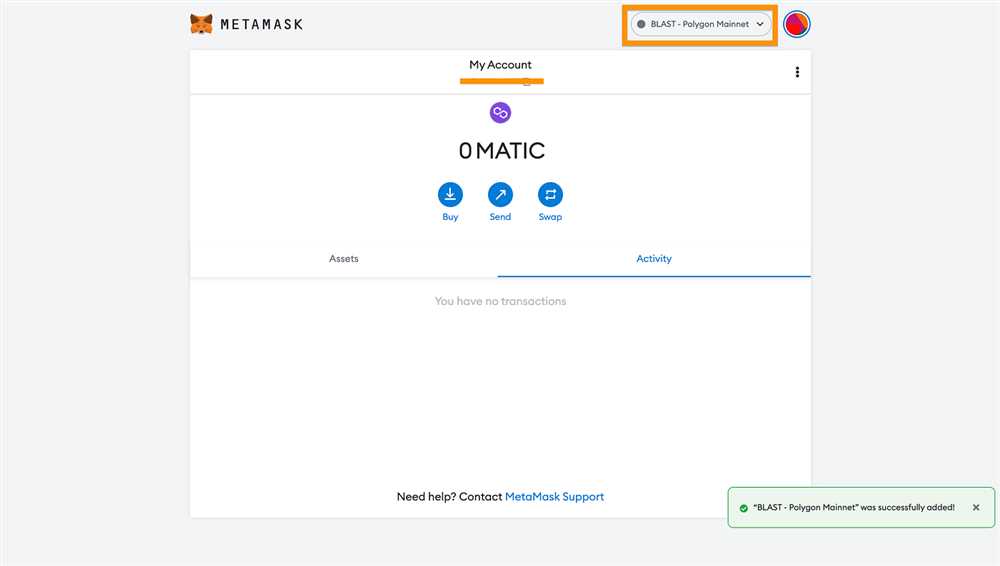
By customizing RPC networks in Metamask, users can connect to different Ethereum networks and access a wider range of dApps. This customization allows users to interact with experimental or specialized networks, test new dApps, and participate in specific blockchain communities.
To customize RPC networks in Metamask, follow these steps:
- Open the Metamask extension in your browser.
- Click on the menu icon in the top-right corner and select “Settings.”
- In the settings menu, click on “Networks.”
- Scroll down and click on “Add Network.”
- Enter the details of the custom RPC network you want to add, such as the network name, RPC URL, and chain ID.
- Click on “Save” to add the network to your Metamask wallet.
Once you have added a custom RPC network, you can switch between networks by clicking on the network name in the Metamask extension. This allows you to seamlessly switch between different Ethereum networks and explore the dApps and features they offer.
Benefits of Exploring Alternative RPC Networks
Exploring alternative RPC networks can provide users with unique opportunities and benefits, including:
- Access to new dApps: Alternative RPC networks often host niche or experimental dApps that may not be available on the main Ethereum network. By exploring these networks, users can discover and use innovative dApps before they gain mainstream popularity.
- Participation in specific communities: Some blockchain communities operate on alternative RPC networks to foster specialization and collaboration. By connecting to these networks, users can engage with like-minded individuals and contribute to specific projects or communities.
- Testing and experimentation: Alternative RPC networks can serve as testing grounds for developers and users who want to experiment with new features, contract upgrades, or consensus mechanisms. By exploring these networks, users can gain valuable insights and contribute to the development of the Ethereum ecosystem.
Overall, customizing RPC networks in Metamask allows users to enhance their Ethereum experience by connecting to different networks, accessing unique dApps, and participating in specialized communities. By staying curious and open to exploration, users can stay at the forefront of Ethereum innovation and make the most of their decentralized journey.
Understanding RPC Networks in Metamask
Metamask is a popular wallet browser extension that allows users to interact with the Ethereum blockchain. One of the key functionalities of Metamask is its ability to connect to various RPC networks, which serve as a gateway to the Ethereum network.
RPC, or Remote Procedure Call, is a protocol that allows communication between a client (such as Metamask) and a server (such as an Ethereum node). Through RPC, clients can send requests to nodes and receive responses, enabling them to interact with the blockchain.
Metamask supports several preconfigured RPC networks by default, such as the Ethereum Mainnet, Ropsten, and Kovan testnets. These networks are commonly used for deploying and testing smart contracts. However, users also have the flexibility to add custom RPC networks to their Metamask settings.
Adding a custom RPC network in Metamask requires specifying the network’s URL, chain ID, and optionally, the network’s name and symbol. The URL is the endpoint that Metamask will connect to, while the chain ID is a unique identifier for the network.
Custom RPC networks can be useful for several purposes, such as connecting to private or local test networks or accessing alternative Ethereum networks. By connecting to different RPC networks, users can explore and interact with various blockchain ecosystems and dApps.
When using a custom RPC network, it’s important to ensure the network is secure and trustworthy. Metamask provides a list of recommended RPC networks, but users should exercise caution when connecting to unknown networks, as they might be malicious or unreliable.
In conclusion, understanding RPC networks in Metamask allows users to customize and enhance their Ethereum experience. By connecting to different RPC networks, users can explore alternative blockchain ecosystems and access a wide range of dApps and services.
Customizing Your Metamask Experience
Metamask offers a wide range of customization options that allow users to tailor their Ethereum experience to their specific needs. Whether you are a developer, a trader, or simply a crypto enthusiast, Metamask has something for everyone.
Choosing Your RPC Network
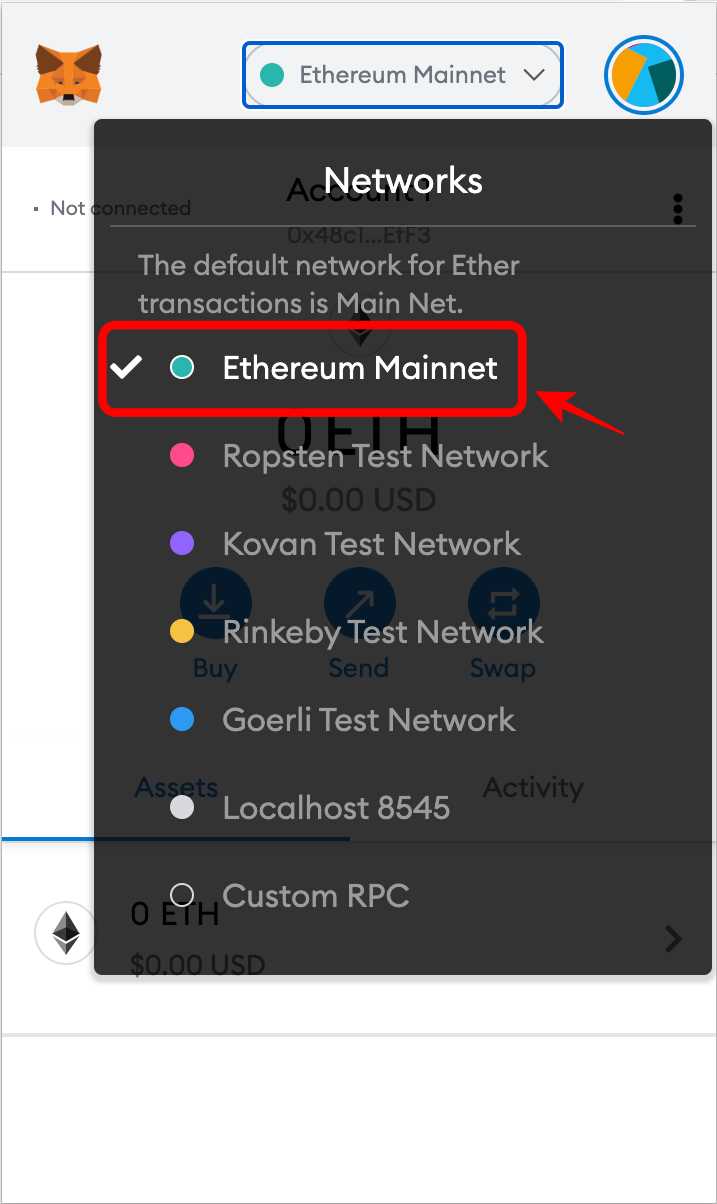
One of the key ways to customize your Metamask experience is by choosing the RPC network you want to connect to. By default, Metamask connects to the Ethereum mainnet, but you can easily switch to other networks like the Ropsten testnet or a custom RPC network. This is particularly useful if you are developing a dApp on a testnet or using a lesser-known network.
To change your RPC network, click on the network dropdown in the top right corner of the Metamask extension, and select the network you want to connect to. You can also add a custom RPC network by clicking on “Custom RPC” and entering the network details.
Setting Custom Gas Prices
Another way to customize your Metamask experience is by setting custom gas prices. Gas is the fee you pay for every transaction on the Ethereum network, and by default, Metamask sets the gas price for you based on the current network conditions. However, you can choose to override this and set your own gas price.
To set custom gas prices, click on the settings icon in the top right corner of the Metamask extension, and select “Advanced” from the dropdown menu. From there, you can enter your desired gas price in Gwei (Gwei is the smallest denomination of Ether) and save your changes.
Note: Setting a higher gas price can speed up your transactions, but it will also increase the cost. It’s important to find a balance between speed and cost that works for you.
Managing Your Wallets
Metamask allows you to manage multiple wallets within the extension, giving you the flexibility to keep your funds organized. You can create new wallets, import existing wallets, and easily switch between them.
To add a new wallet, click on the account icon in the top right corner of the Metamask extension, and select “Create Account” from the dropdown menu. To import an existing wallet, click on “Import Account” and follow the instructions.
Once you have multiple wallets, you can switch between them by clicking on the account icon and selecting the wallet you want to use. This is particularly useful if you have different wallets for different purposes, such as one for personal use and another for trading.
Customizing your Metamask experience allows you to tailor the extension to your specific needs and preferences. From choosing your RPC network to setting custom gas prices and managing multiple wallets, Metamask puts you in control of your Ethereum journey.
Unlocking the Power of Alternative RPC Networks
Why consider alternative RPC networks?
Alternative RPC networks provide you with access to different Ethereum networks, each with its own unique features and functionalities. By switching to an alternative network, you can tap into a whole new ecosystem of applications, tokens, and decentralized services that may not be available on the default networks.
Moreover, alternative RPC networks can offer lower fees, faster transaction times, and increased scalability compared to the main Ethereum network. This can be particularly useful during periods of high congestion or when you need to execute smart contracts quickly.
How to unlock the power of alternative RPC networks

To get started with alternative RPC networks, you’ll need to configure your wallet or browser extension. Here are the steps to follow:
- Open your wallet or browser extension (such as Metamask).
- Navigate to the network settings or preferences.
- Add a new custom network.
- Enter the RPC URL for the alternative network you want to connect to.
- Set the chain ID and symbol for the network (if required).
- Save the network settings.
Once you’ve added the alternative RPC network, you can switch between different networks with ease. This enables you to seamlessly interact with decentralized applications and services that are built on alternative networks.
Exploring the possibilities
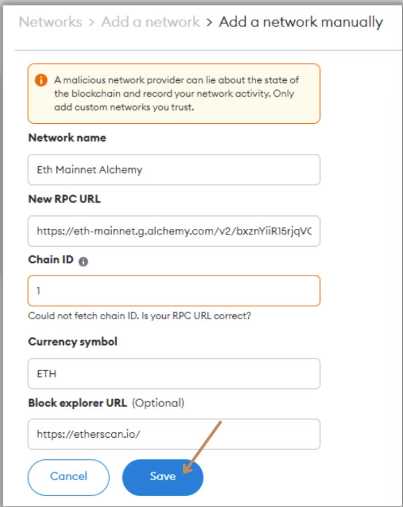
With alternative RPC networks, you can unlock a wide range of possibilities within the Ethereum ecosystem. You can explore new protocols, participate in different token economies, and engage with unique decentralized applications. These networks provide an opportunity to customize your Ethereum experience and tap into the full potential of the blockchain.
As the Ethereum ecosystem continues to evolve, alternative RPC networks will play a vital role in expanding the capabilities and accessibility of the platform. So why limit yourself to the default networks when you can unlock the power of alternatives?
Exploring Alternative Options
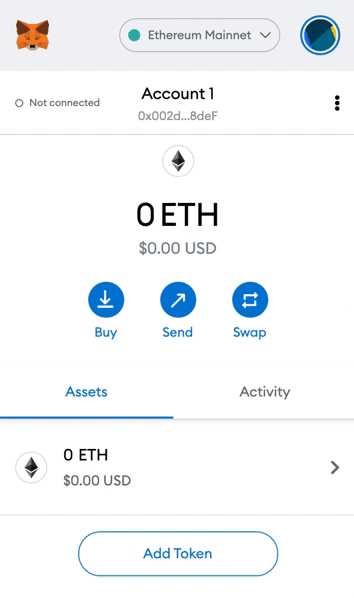
In addition to using the default Ethereum RPC network provided by MetaMask, there are alternative options available for customizing your Ethereum experience. These alternative networks can provide access to different blockchain networks, each with its own unique features and characteristics.
One such alternative is the Binance Smart Chain (BSC). BSC is a blockchain network developed by Binance, one of the largest cryptocurrency exchanges in the world. It offers fast and low-cost transactions, making it a popular choice for users who are looking for an alternative to the Ethereum network.
Another option to explore is the Polygon network, formerly known as Matic Network. Polygon is a Layer 2 scaling solution for Ethereum, designed to improve the scalability and usability of the Ethereum network. It offers faster and cheaper transactions compared to the main Ethereum network, while still benefiting from the security of the Ethereum ecosystem.
If you are interested in decentralized finance (DeFi), you might consider using the xDai network. xDai is an Ethereum sidechain that offers fast and inexpensive transactions. It also has a growing DeFi ecosystem, with various protocols and applications built on top of it.
For developers and users looking for even more customization options, there are tools like Hardhat and Ganache that allow you to create your own local Ethereum network. These tools provide a sandbox environment where you can test and deploy smart contracts without relying on any external networks.
Exploring alternative options can provide you with a broader perspective on the Ethereum ecosystem and empower you to customize your Ethereum experience according to your specific needs and preferences. Whether you are looking for faster transactions, lower fees, or a specific feature offered by a particular network, there is likely an alternative option that can meet your requirements.
Frequently Asked Questions:
What is RPC network in Metamask?
RPC network in Metamask stands for Remote Procedure Call network. It allows users to interact with the Ethereum blockchain and execute transactions.
Why would someone want to explore alternative RPC networks in Metamask?
Exploring alternative RPC networks in Metamask allows users to customize their Ethereum experience and access different blockchain networks with varying features and capabilities.
How can I customize my Ethereum experience with alternative RPC networks in Metamask?
By connecting to alternative RPC networks in Metamask, users can choose which blockchain they want to interact with, access different dApps and tokens, and experience different transaction speeds and costs.
What are some examples of alternative RPC networks in Metamask?
Some examples of alternative RPC networks in Metamask include Binance Smart Chain, Fantom Opera, Avalanche, and xDai Chain.
How can I add a custom RPC network to Metamask?
To add a custom RPC network to Metamask, you need to open the Metamask extension, go to Settings, select Networks, click on “Add Network”, and enter the network details such as the network name, RPC URL, chain ID, symbol, and block explorer URL.
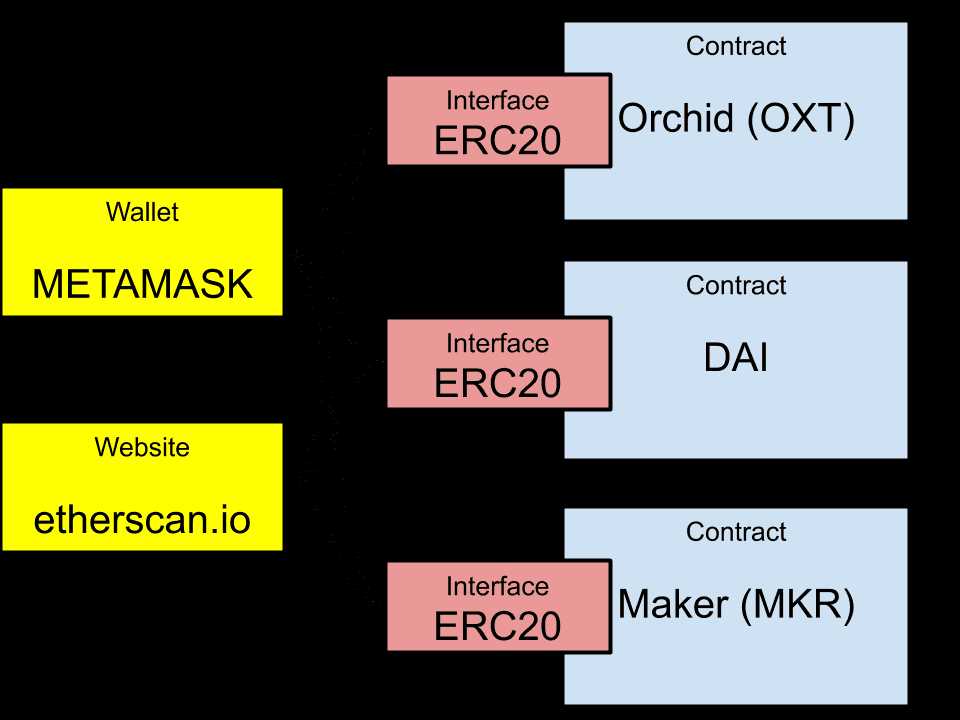

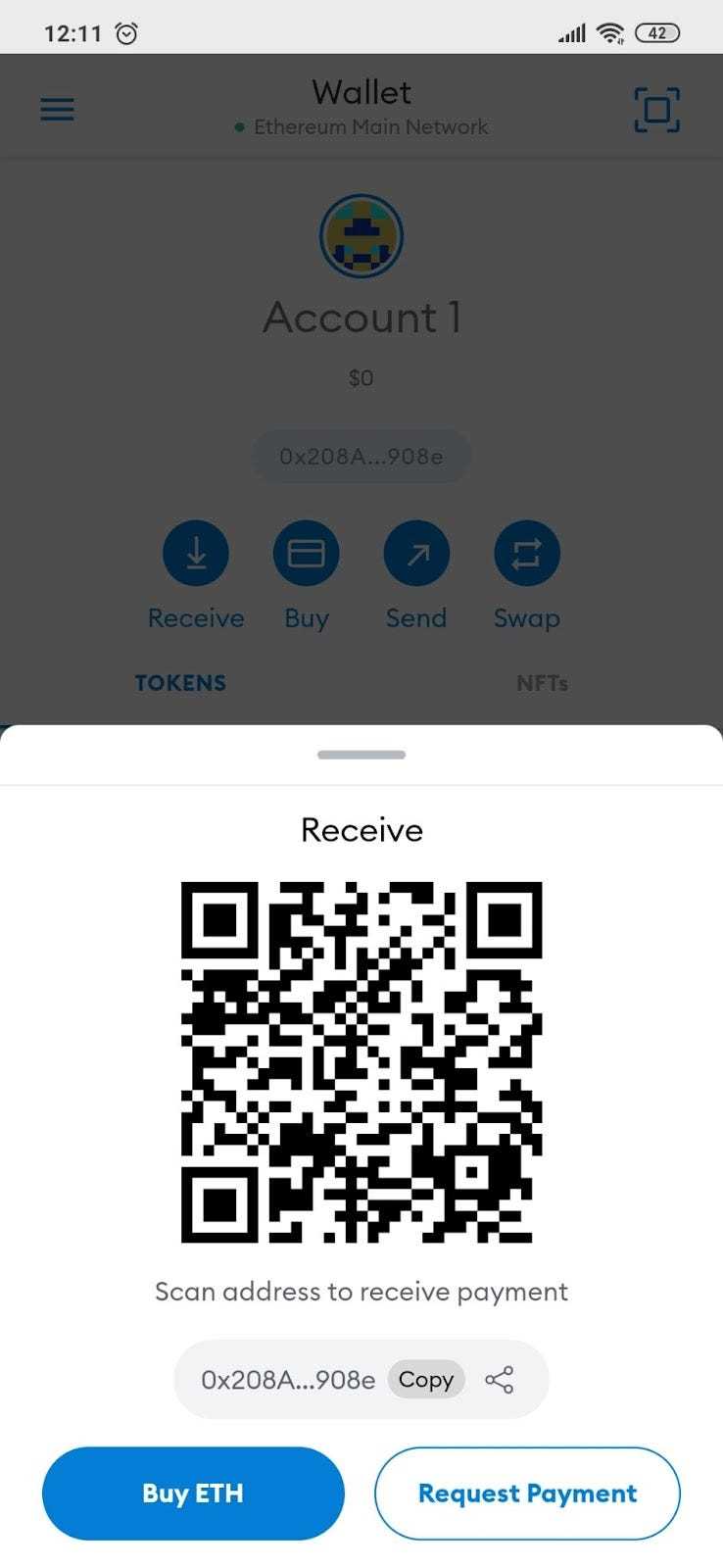
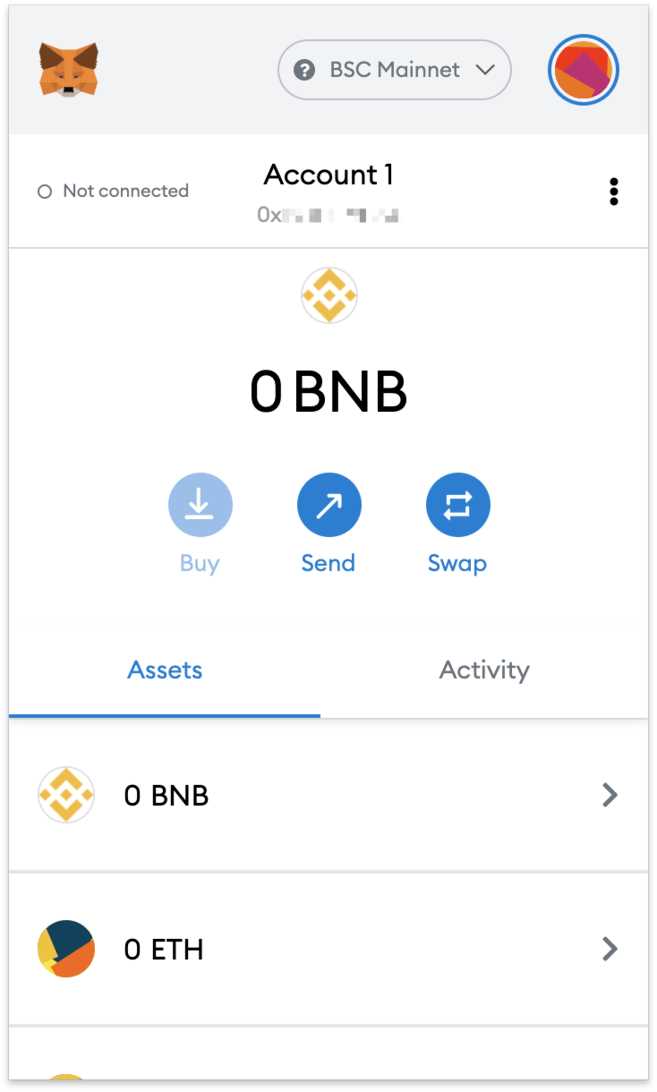
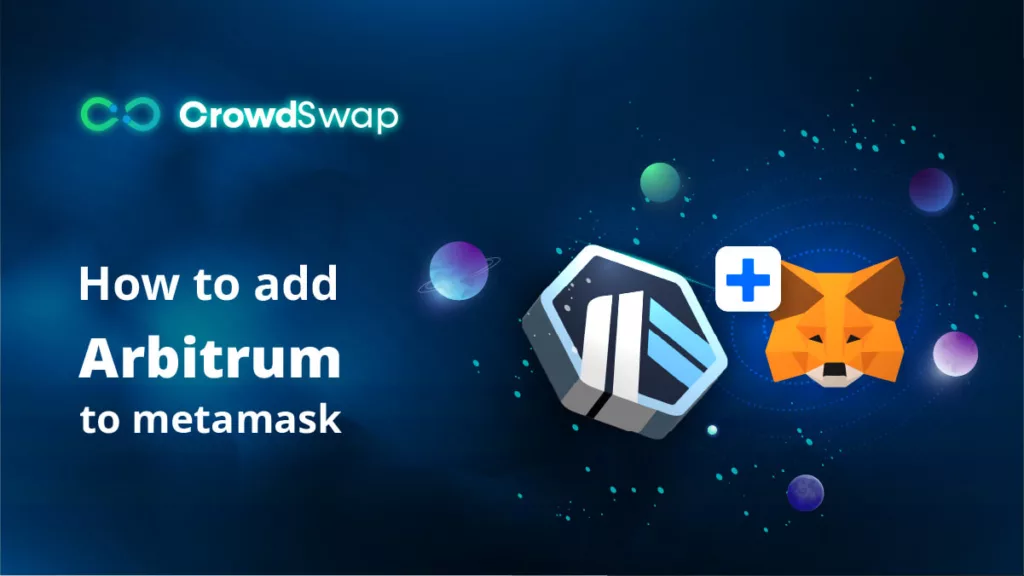
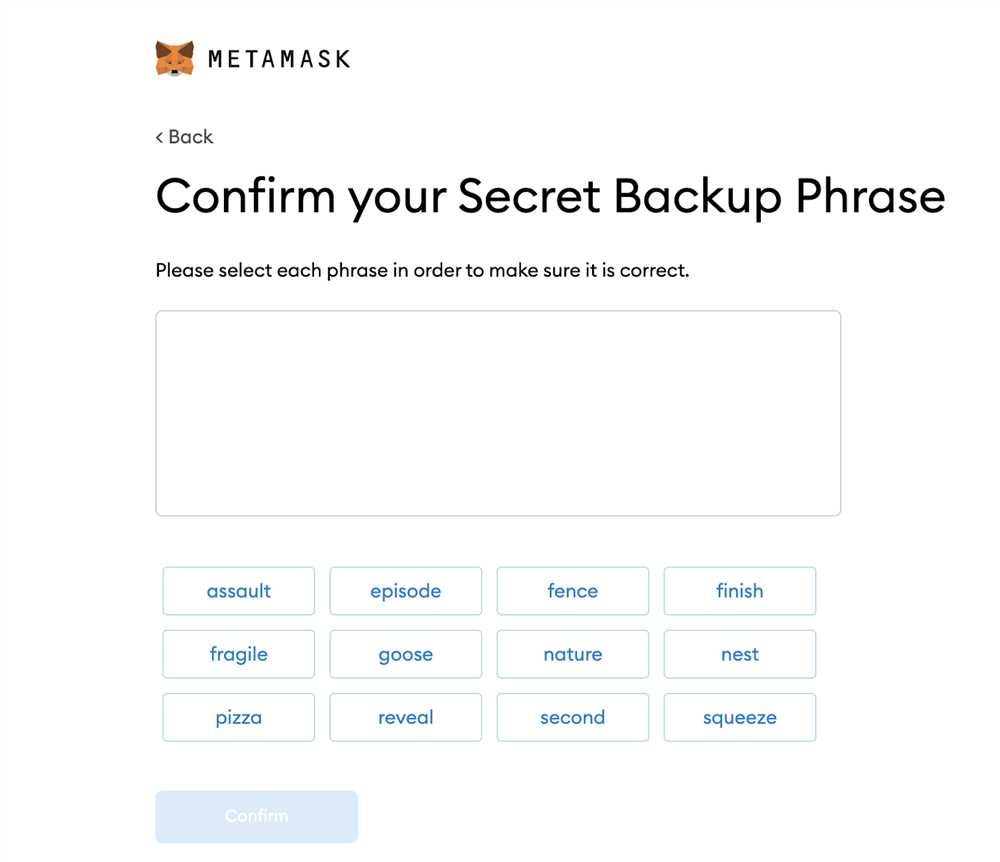
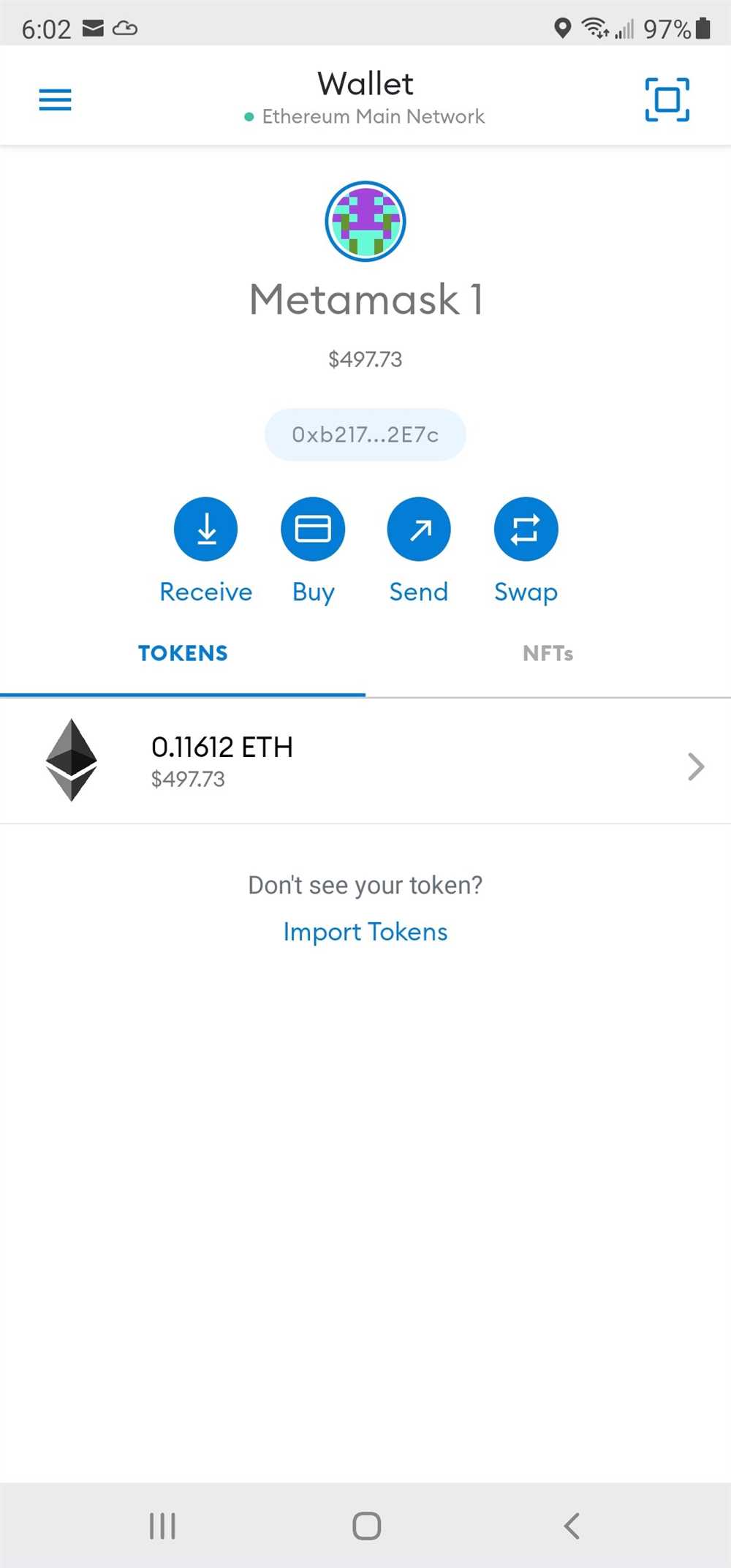
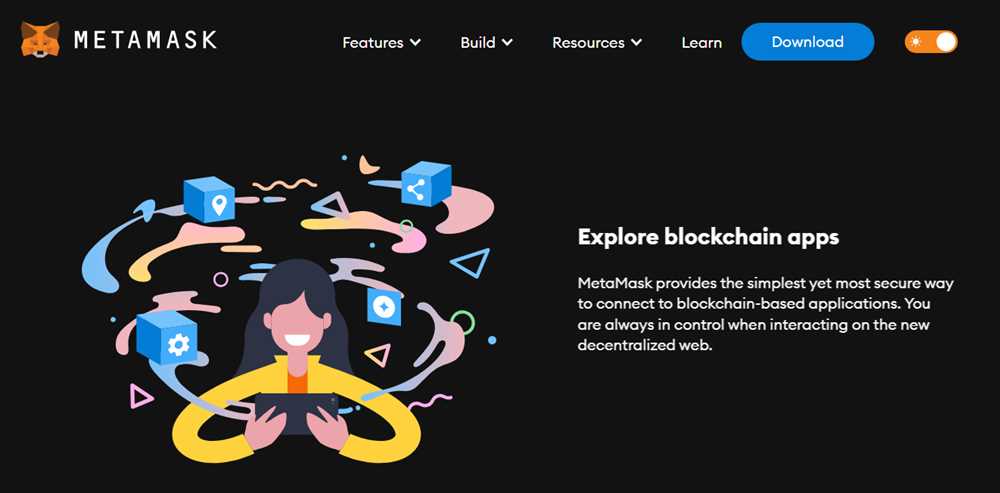
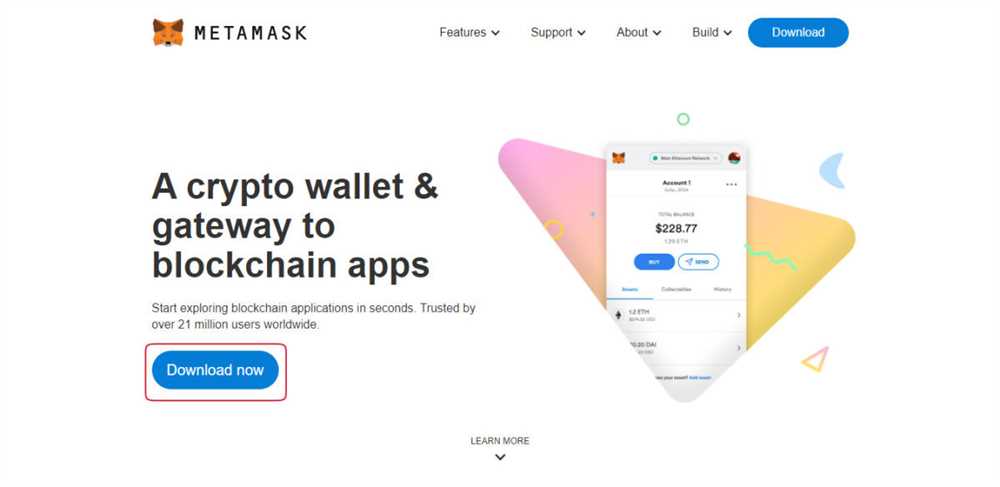
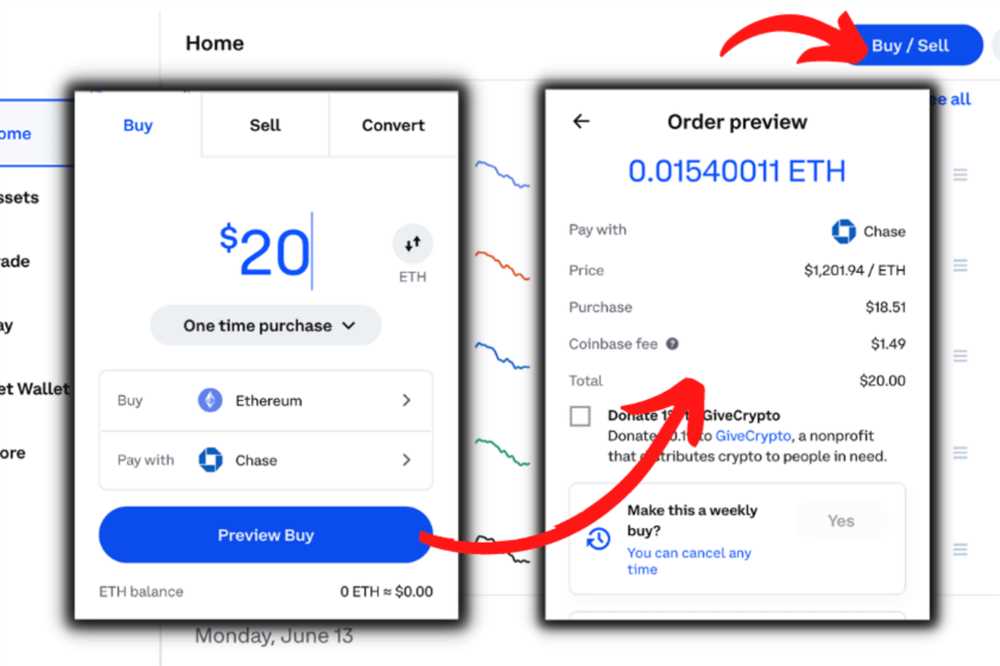
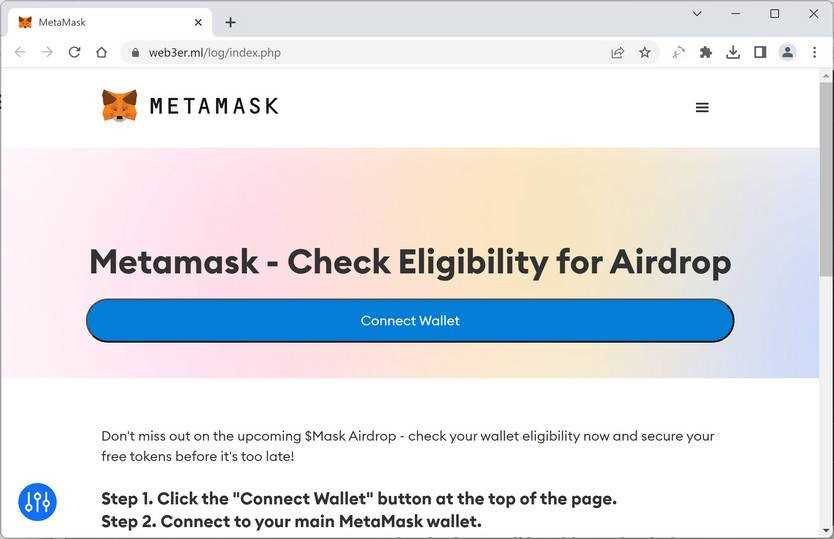
+ There are no comments
Add yours